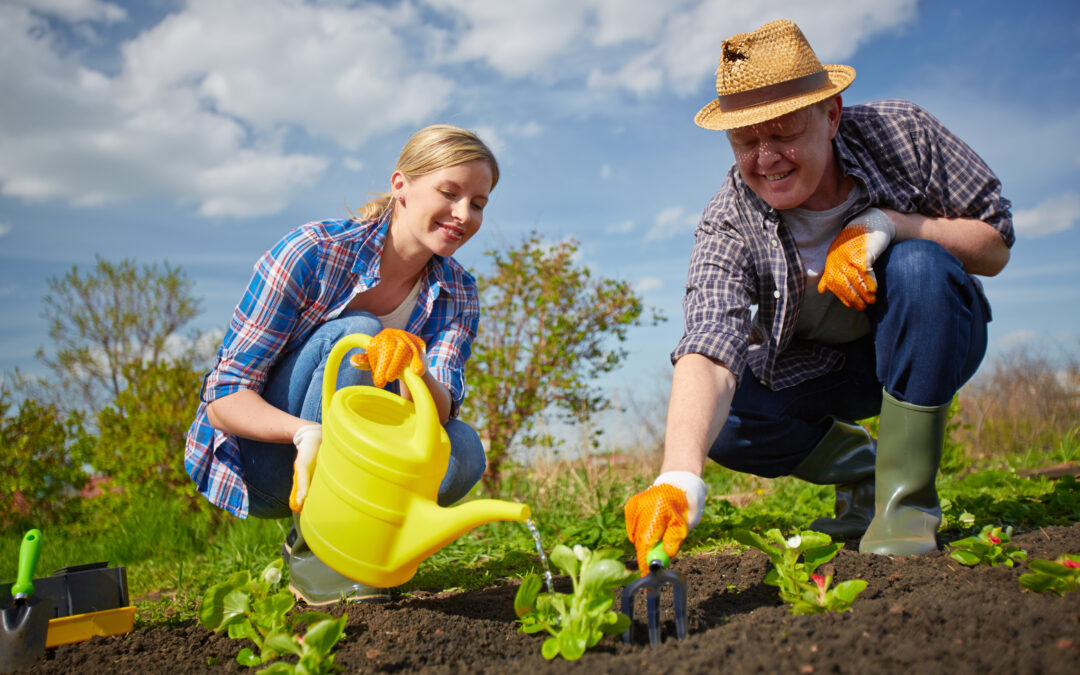Welcome to the world of organic gardening! Whether you’re a seasoned gardener or just starting out, growing your own produce is an incredibly rewarding experience. In this guide, we will cover everything you need to know about how to start your own organic garden. Let’s get started!
Introduction to Organic Gardening:
Organic gardening is all about using natural methods to grow healthy plants and vegetables without relying on synthetic chemicals. Instead, you’ll use compost, natural fertilizers, and other sustainable practices to keep your garden thriving. By choosing organic gardening, you can enjoy fresh, delicious produce while also helping to protect the environment.
Choosing the Right Plants and Seeds:
The first step in any gardening journey is selecting the right plants and seeds for your climate and growing conditions. Consider factors like sunlight exposure, soil type, and water availability when making your choices. Some popular options for beginners include tomatoes, lettuce, spinach, radishes, and herbs like basil and chives. You may also want to consider joining a local gardening club or reaching out to experienced gardeners in your area for advice and guidance.
Thank you for reading this post, don't forget to subscribe!
Preparing Your Soil for Planting:
Once you have selected your plants and seeds, it’s time to prepare your soil for planting. Organic gardening starts with healthy soil, so invest some time into building up your beds. Add plenty of compost and other organic matter to enrich the soil and improve drainage. You may also want to mix in some sand or perlite to help with aeration.
Maintaining an Organic Garden:
Now that you’ve got your garden set up, it’s time to maintain it throughout the growing season. Keep a close eye on your plants and make adjustments as needed. For example, if you notice any pests or diseases, try using natural remedies like neem oil or garlic spray instead of resorting to harsh chemicals. Remember to stay consistent with watering and fertilizing, too.

Harvesting Your Crops:
Finally, after months of hard work, it’s time to harvest your crops! Be sure to pick them at their peak ripeness to ensure maximum flavor and nutrition. If you have excess produce, consider donating it to a local food bank or farmers market. And remember, organic gardening is a continuous process, so be prepared to learn from each season and adapt your approach accordingly.
In conclusion, starting your own organic garden can be both challenging and rewarding. With these tips and tricks, you should be well on your way to enjoying fresh, homegrown produce in no time. Happy gardening!




